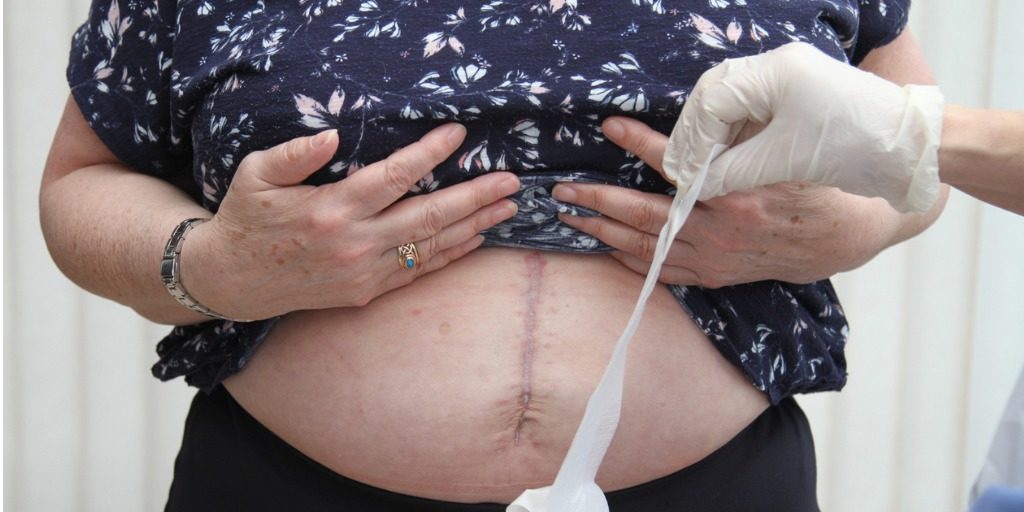Hernia Repair FAQs in Houston, TX
Does it cost to repair a hernia?
Your cost depends on the surgery necessary to repair your particular kind of hernia. Most insurance companies allow for the procedure. For those without insurance, we offer a reasonable fee that is lower than all the Houston hospitals. We also work with Care Credit® (www.carecredit.com) which can provide financing. We also offer an FDA & IRB approved of the clinical study. If you qualify for the study all the expenses for Hernia repairs are covered at NO COST.
Contact Us Today For A Consultation
What is a hernia?
There are many kinds of hernias, but a typical hernia is a tear in the muscle that separates the abdomen from the groin. An abdominal organ pushes through the cavity and is felt as a bulge in the groin. When the patient lies down, the organ settles back into the abdomen. The repair is to close the hole.
 How long will I be hernia surgical center?
How long will I be hernia surgical center?
The majority of hernia surgeries allow for the patient to go home one hour after the procedure.
Does hernia repair surgery take long?
Most procedures take under an hour to perform. The rest of the time is spent in preparing the patient for surgery, and in recovery afterward. Most leave the surgical center one hour after the procedure.
What is the new Phasix™ Mesh?
The new Phasix™ Mesh is a Bio absorb-able mesh that is made from natural material found in your body. It is not permanent. It gradually absorbs into your tissue, leaving you with a strong, durable repair with no permanent material.
Do I need hernia surgery immediately, or can it wait?
A hernia should be repaired if it is:
- limiting your lifestyle
- causing pain
- causing abdominal bloating or obstruction
- bulging through your clothes
- interfering with your job
- interfering with your sexual life
- requiring hospital visits for pain or distension
What will happen if I don’t have my hernia repaired?
The hernia will continue to grow and may cause pain and intestinal obstruction.
How many hernia repairs does Dr. Kim do each year?
Dr. Kim performs over 500 hernia operations per year.
How long will I need to stay in the hospital?
It is rare for my patients to stay in a hospital. Only patients with other medical conditions may require an overnight hospital stay.
My hernia has been “repaired” at least 3 times. Can it be repaired so that it will not come back?
Most hernias that had been repaired with a Tension technique can usually be repaired with a Non-tension technique. There are a few occasions, however, in which conversion to an open is required.
What are the potential risks with hernia repair surgery?
All surgical procedures carry risks. The most common are infections, recurrence, injury to nerve arteries and veins. The intestines could also be injured, especially in redo operations. Dense scarring or adhesion may develop after any operations in the groin and the abdomen, which can include the intestines. Freeing up the intestines may lead to injury to the intestines which can cause leaks, fistulas, abscesses and rarely death. Patients who have had multiple operations are at higher risks for these severe complications. All hernia mesh materials are known to shrink in size. If the shrinkage is too severe, the hernia defect may be exposed and the hernia may recur.
What increases my chances of complications after Hernia Surgery?
Obesity, Hypertension, Diabetes, Prior Hernia Operations, Poor nutrition, ongoing infection, MRSH Positive, and Smoking. Having one or more of these risk factors influence the success or failure of a Hernia repair. It’s very important to inform your doctor about any of these risk factors. These factors can be addressed prior to an operation and will improve your outcome.



 How long will I be hernia surgical center?
How long will I be hernia surgical center?
